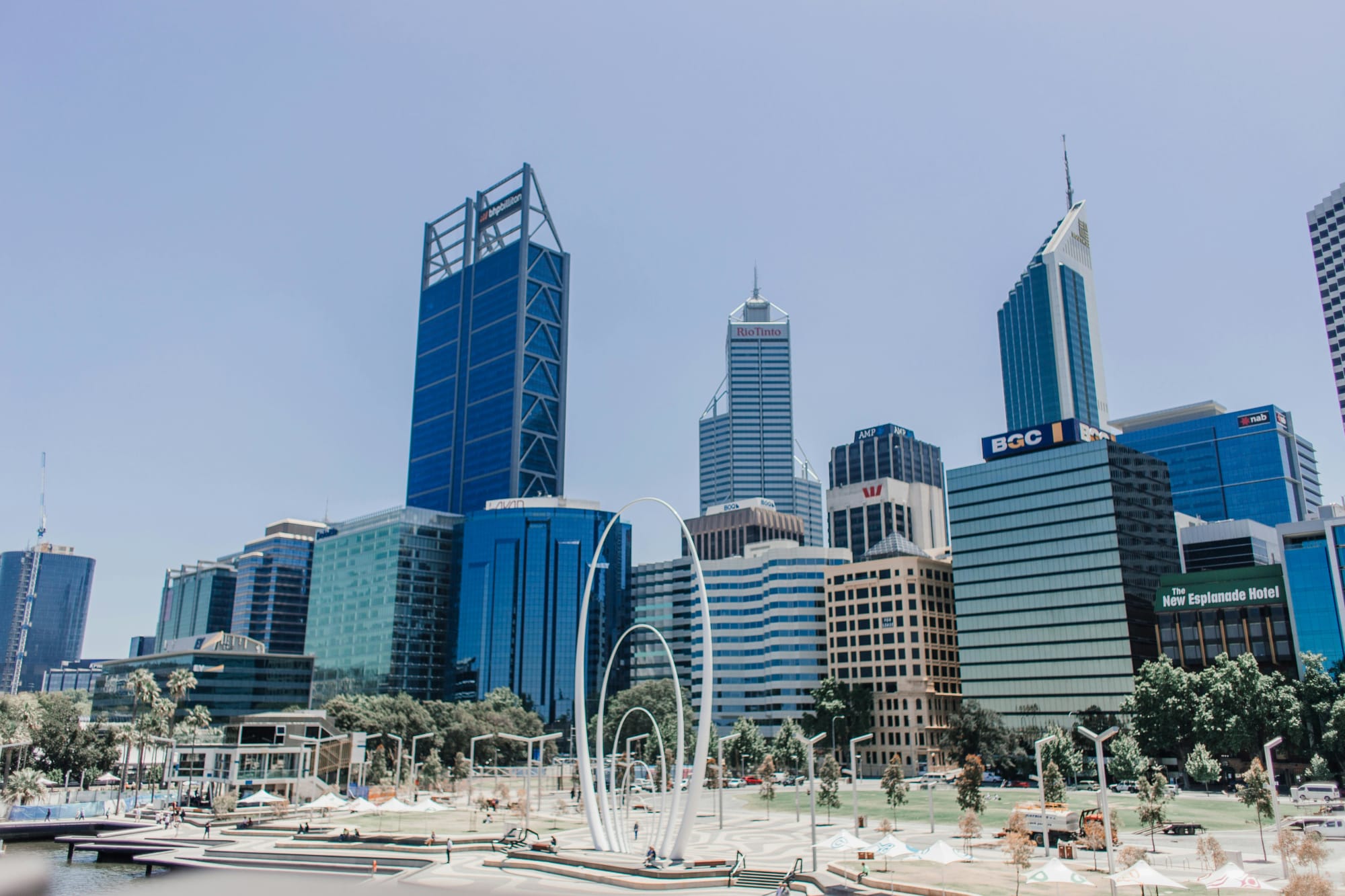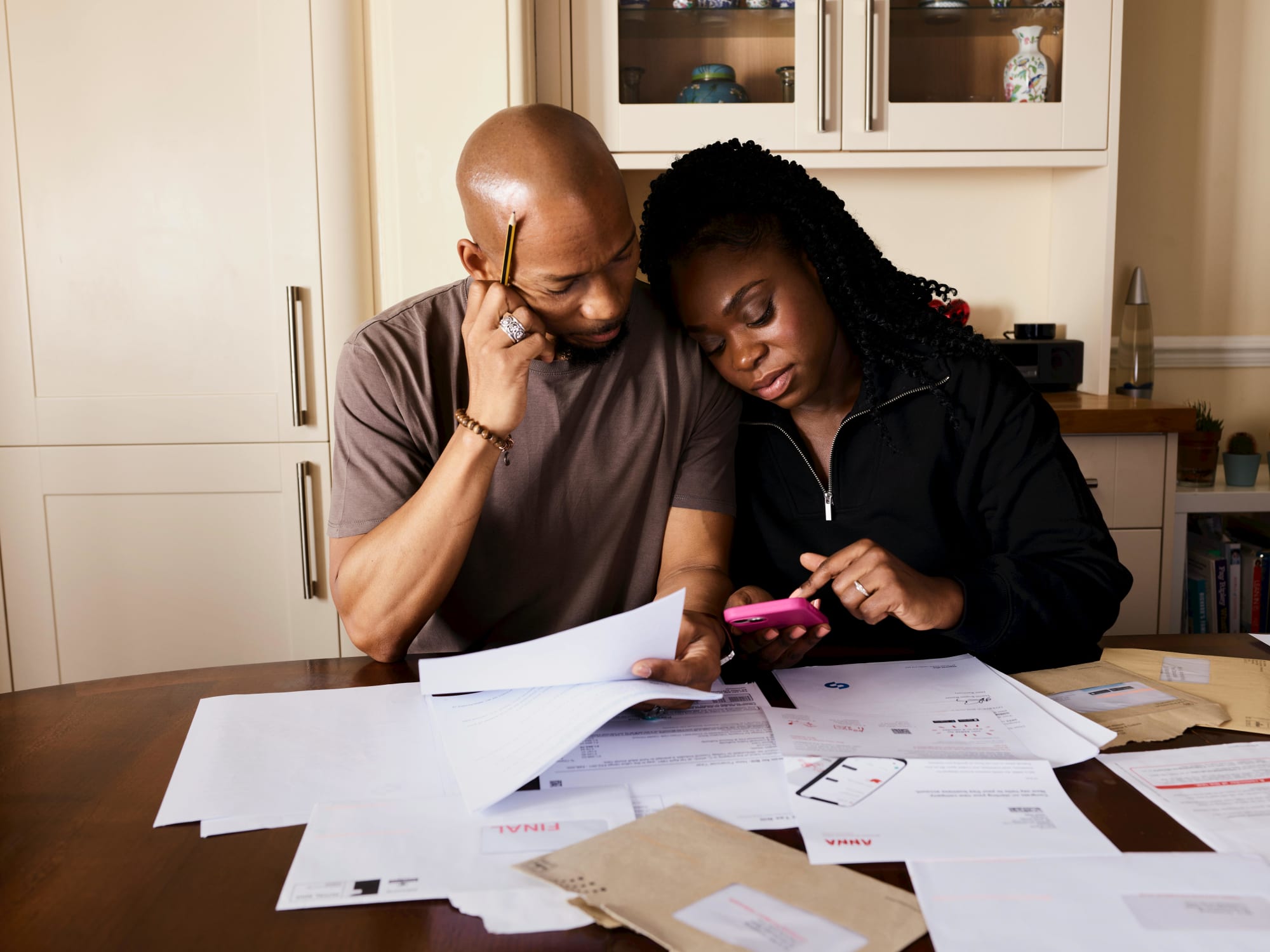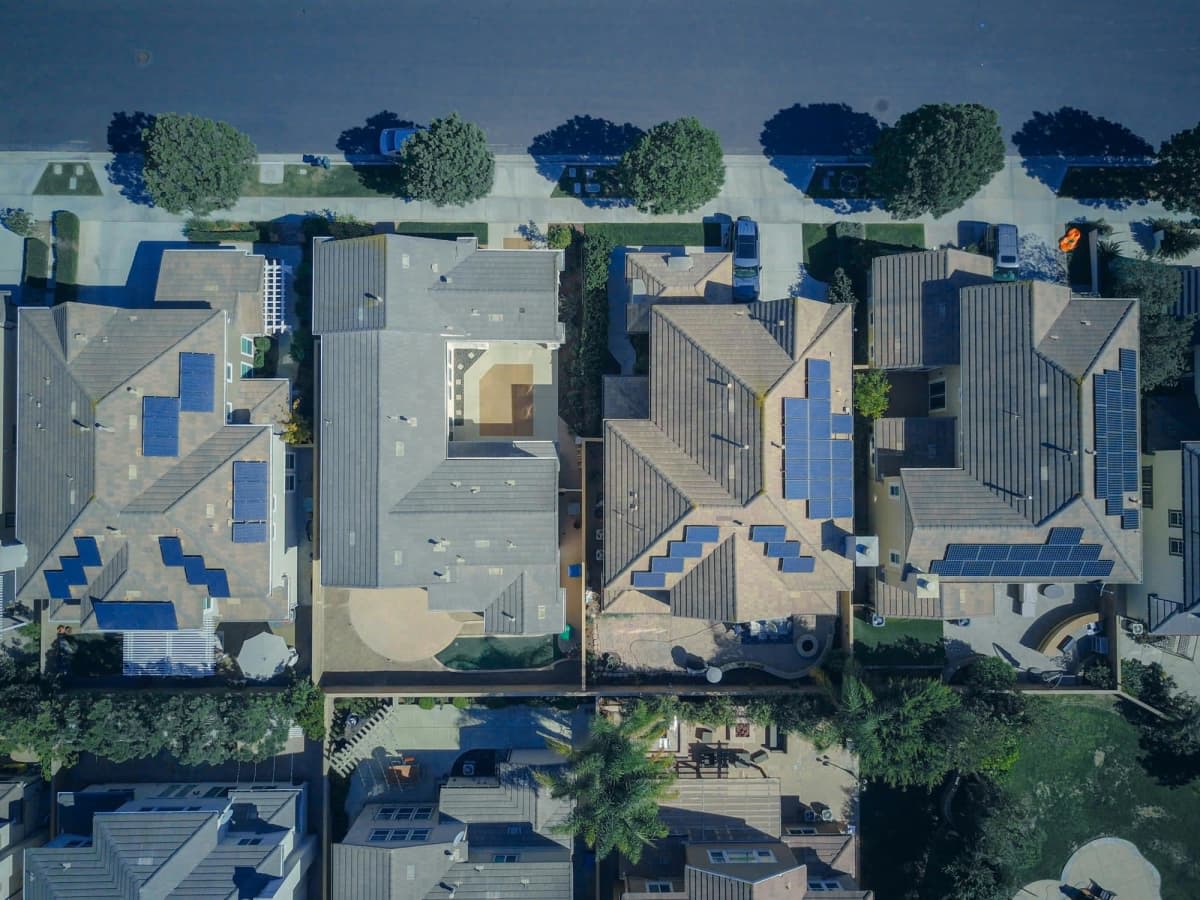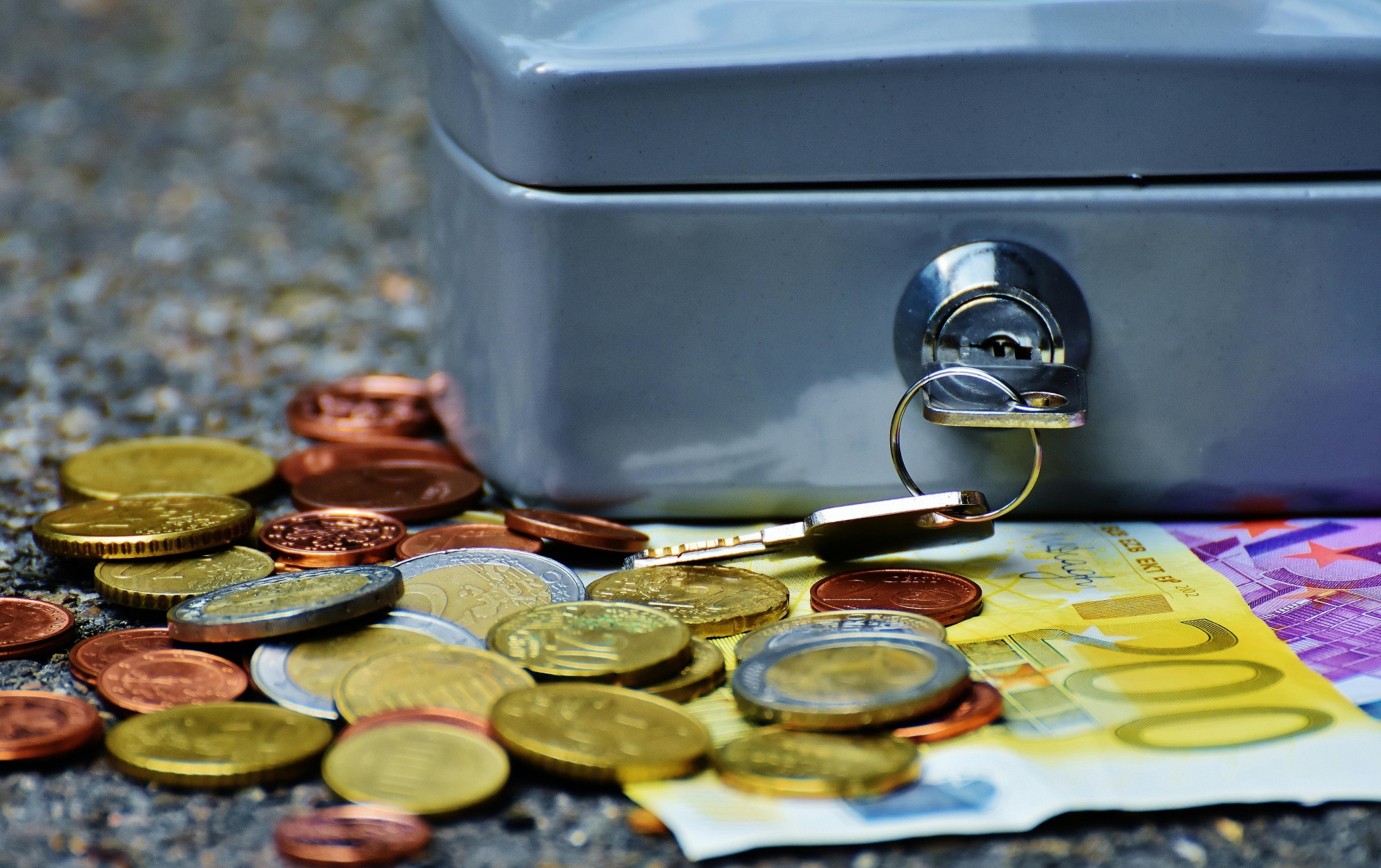Save
Budget surplus to fall below estimates: Deloitte
The federal budget surplus in 2019-20 is expected to come in $1.7 billion below the government’s forecast, according to new analysis performed by Deloitte.
Budget surplus to fall below estimates: Deloitte
The federal budget surplus in 2019-20 is expected to come in $1.7 billion below the government’s forecast, according to new analysis performed by Deloitte.

According to a new analysis by Deloitte Access Economics partner Chris Richardson, the federal government will be on target to achieve its first budgetary surplus since before the global financial crisis.
Deloitte’s latest Budget Monitor has been released in anticipation of the government’s Mid-Year Economic and Financial Outlook (MYEFO), which will report on official budgetary figures and is due to be released prior to the end of the year.
Deloitte’s analysis suggests that the surplus for 2019-20 is now expected to come in at $5.3 billion, an estimate that is $1.7 billion lower than the figure announced by Treasurer Josh Frydenberg in April this year.
Mr Richardson stated that despite a slow national economy, the budget had been able to improve to the point of surplus for the first time since 2007-08, largely driven by strong commodity price growth, leading to increased national revenue and higher company taxes.

According to Mr Richardson, contrary to claims made by industry figures and the Treasurer, Australia has been the biggest beneficiary of international trade tensions, which has pushed up the price of Australia’s key commodities.
“Thanks to Chinese stimulus (and to tragedy in Brazil), commodity prices rose in recent years, making this the first ever global slowdown in which the world has given Australia a pay rise instead of a pay cut,” Mr Richardson said.
In fact, according to Mr Richardson’s analysis, the government’s April projections for key commodity prices, including iron ore and coal, were lower than the actual revenue figures (to October 2019) by $0.8 billion.
Increased demand on higher-priced commodities, accompanied with the falling Australian dollar and corporate tax paid on these exports, paints a positive picture for the government’s budget.
However, despite stronger-than-budgeted revenue from commodities, and the additional tax paid on these, Deloitte’s budget surplus forecast has come in at $1.7 billion below the government’s April figure.
Mr Richardson stated this reduction was thanks to reduced government revenue, largely caused by the ongoing slow national economy, record-low interest rates, and lower consumer spending.
With wage growth stubbornly stagnant, and increasing underemployment, the Deloitte data has forecast a fall in PAYG tax that sees the government $2.9 billion short of its expected figure this year, and a further $4.1 billion in 2020-21.
The government will also see reduced tax revenue due to decreases in consumer spending and gambling, which Mr Richardson also chalked up to slow wage growth.
The recent surge in commodity prices will see profit taxes beat their budget-time forecasts by $0.3 billion according to the data, however “the best news is already behind us” according to Mr Richardson, as banks’ profit margins feel the squeeze of the low-interest rate environment and commodity prices begin to fall.
Lower interest rates will see a reduction in non-tax revenue of $0.1 billion this year, and a further $1.1 billion reduction in 2020-21, however this can be largely offset due to the fact that lower rates also make the government’s national debt cheaper to service.
While national income hit above the official budget expectations, the overall budgeted revenue for 2019-20 is expected to be down $3.3 billion on the official government forecast, with the shortfall expected to double to $7 billion in the following year, according to Deloitte.
“To be clear, that damage isn’t huge,” Mr Richardson said. “And we do expect Treasury’s figures to look healthier than ours.
“But our bottom line sees revenues losing momentum, thereby narrowing the gap between what’s happening in the economy and what’s happening in the budget.”

How to budget
Help to Buy switches on in WA: What the shared‑equity rollout means for banks, brokers and builders
Western Australia has joined the federal Help to Buy program, flipping the switch on a new stream of first‑home demand. The shared‑equity model reshapes risk, margins and distribution for lenders and ...Read more

How to budget
Australia’s first-home buyer reset: how policy, rates and competition will shape the rebound
After a flat first half of 2025, first-home buyer (FHB) activity is set to lift—nudged by a five per cent deposit guarantee and the Reserve Bank’s first rate cut since 2020. But a rebound won’t be ...Read more

How to budget
Australians Seek Bargains to Stretch Christmas Budgets Amid Rising Costs
As the festive season approaches, Australians are preparing to spend more on Christmas gifts and festive feasts compared to previous years. However, despite larger budgets, many are still on the hunt ...Read more

How to budget
Australians grapple with stubborn cost of living in 2025
In a year marked by persistent financial strain, only a meagre 7% of Australians believe that the cost of living has improved, according to the 2025 Household Budget Barometer released by Compare the ...Read more

How to budget
How to take control amid rising electricity costs
Energy bills are increasing for almost nine in ten Australians, forcing many to think outside the box when it comes to keeping costs and electricity usage down. While some are resorting to showering ...Read more

How to budget
Aussies get savvy with energy hacks as costs surge
As energy costs continue to climb across Australia, a recent study commissioned by Zip Co (ASX: ZIP) reveals that 91% of Australians are actively seeking innovative ways to reduce their energy billsRead more

How to budget
The psychology behind saving: Understanding and overcoming common barriers
Saving money is a fundamental aspect of financial security, yet many people find it difficult to set aside a portion of their income regularly. Read more

How to budget
Smart saving tips for first home buyers in Australia
Purchasing your first home is a significant milestone, but the path to homeownership in Australia can seem daunting due to the high property prices and competitive market. However, with the right ...Read more

How to budget
Help to Buy switches on in WA: What the shared‑equity rollout means for banks, brokers and builders
Western Australia has joined the federal Help to Buy program, flipping the switch on a new stream of first‑home demand. The shared‑equity model reshapes risk, margins and distribution for lenders and ...Read more

How to budget
Australia’s first-home buyer reset: how policy, rates and competition will shape the rebound
After a flat first half of 2025, first-home buyer (FHB) activity is set to lift—nudged by a five per cent deposit guarantee and the Reserve Bank’s first rate cut since 2020. But a rebound won’t be ...Read more

How to budget
Australians Seek Bargains to Stretch Christmas Budgets Amid Rising Costs
As the festive season approaches, Australians are preparing to spend more on Christmas gifts and festive feasts compared to previous years. However, despite larger budgets, many are still on the hunt ...Read more

How to budget
Australians grapple with stubborn cost of living in 2025
In a year marked by persistent financial strain, only a meagre 7% of Australians believe that the cost of living has improved, according to the 2025 Household Budget Barometer released by Compare the ...Read more

How to budget
How to take control amid rising electricity costs
Energy bills are increasing for almost nine in ten Australians, forcing many to think outside the box when it comes to keeping costs and electricity usage down. While some are resorting to showering ...Read more

How to budget
Aussies get savvy with energy hacks as costs surge
As energy costs continue to climb across Australia, a recent study commissioned by Zip Co (ASX: ZIP) reveals that 91% of Australians are actively seeking innovative ways to reduce their energy billsRead more

How to budget
The psychology behind saving: Understanding and overcoming common barriers
Saving money is a fundamental aspect of financial security, yet many people find it difficult to set aside a portion of their income regularly. Read more

How to budget
Smart saving tips for first home buyers in Australia
Purchasing your first home is a significant milestone, but the path to homeownership in Australia can seem daunting due to the high property prices and competitive market. However, with the right ...Read more













